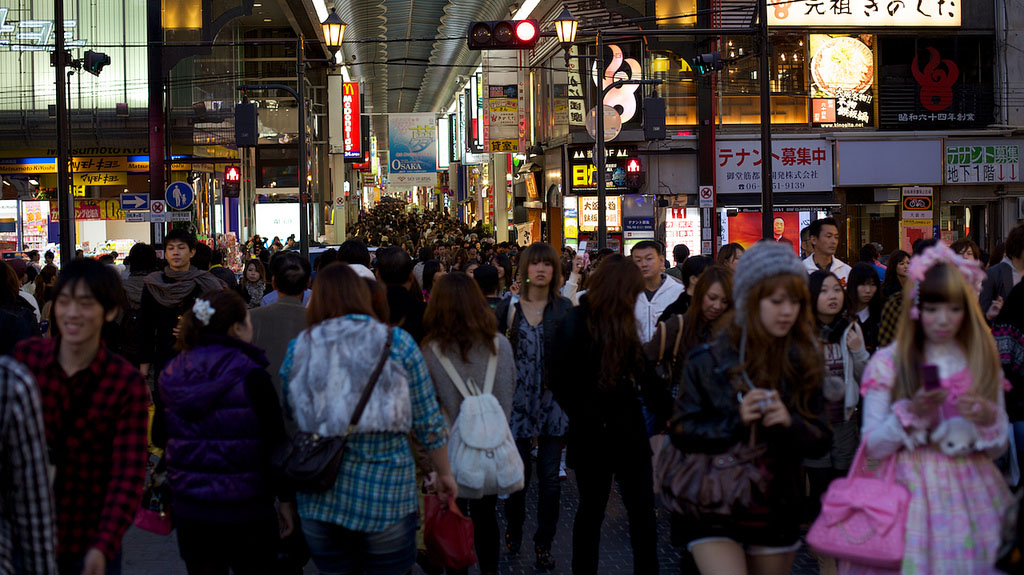Last April, the Nagoya High Court ordered a 91-year-old woman in Obu, Aichi Prefecture, to pay ¥3 million in compensation to JR Tokai for disruption of service after her husband was struck and killed by one of the company's trains. The man, who was 85 at the time of the accident in December 1997, suffered from dementia and had somehow ended up on the tracks. The court said the woman should have been watching him more attentively and was thus responsible for JR Tokai losing money as a result of the accident.
The ruling brought fresh media attention to the issue of dementia and the corollary problem of haikai (wandering by seniors). In a similar incident last October, an elderly man fell on the tracks of the JR Yokohama Line as a train approached. He was saved by a 40-year-old woman who was killed in the act. JR East did not sue the man or his family, perhaps because the media hailed the dead woman as a hero. However, in February a woman in her 70s was killed while trying to push her bicycle across tracks operated by Tobu Railways in Tokyo's Adachi Ward. Service was disrupted for two hours, and no one has reported Tobu suing anyone.
In these latter two cases the media did not say whether or not the elderly persons involved suffered from dementia. The health ministry says that more than 4.5 million Japanese were diagnosed with the condition in 2012, and that another estimated 4 million had what is called "mild cognitive impairment," which means they are sometimes disoriented but generally can take care of themselves. Since dementia in any degree can be a source of shame for families of people who shows signs of it, the authorities and the media are careful with the term, and this reluctance to indicate the obvious has exacerbated the problem.


















With your current subscription plan you can comment on stories. However, before writing your first comment, please create a display name in the Profile section of your subscriber account page.